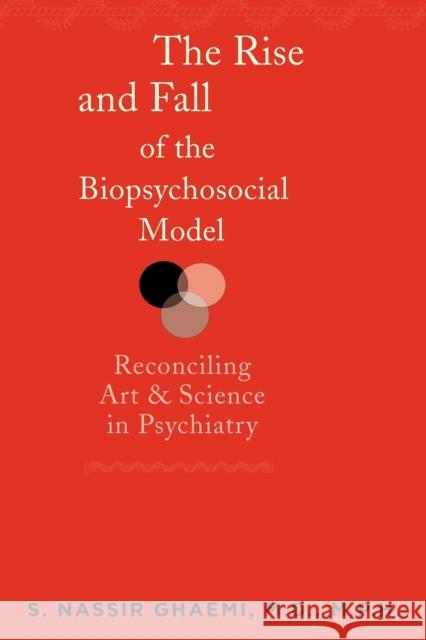The Rise and Fall of the Biopsychosocial Model: Reconciling Art and Science in Psychiatry » książka
The Rise and Fall of the Biopsychosocial Model: Reconciling Art and Science in Psychiatry
ISBN-13: 9781421407753 / Angielski / Miękka / 2012 / 272 str.
This is the first book-length historical critique of psychiatry's mainstream ideology, the biopsychosocial (BPS) model. Developed in the twentieth century as an outgrowth of psychosomatic medicine, the biopsychosocial model is seen as an antidote to the constraints of the medical model of psychiatry. Nassir Ghaemi details the origins and evolution of the BPS model and explains how, where, and why it fails to live up to its promises. He analyzes the works of its founders, George Engel and Roy Grinker Sr., traces its rise in acceptance, and discusses its relation to the thought of William Osler and Karl Jaspers. In assessing the biopsychosocial model, Ghaemi provides a philosophically grounded evaluation of the concept of mental illness and the relation between evidence-based medicine and psychiatry. He argues that psychiatry's conceptual core is eclecticism, which in the face of too much freedom paradoxically leads many of its adherents to enact their own dogmas. Throughout, he makes the case for a new paradigm of medical humanism and method-based psychiatry that is consistent with modern science while incorporating humanistic aspects of the art of medicine.Ghaemi shows how the historical role of the BPS model as a reaction to biomedical reductionism is coming to an end and urges colleagues in the field to embrace other, less-eclectic perspectives.











